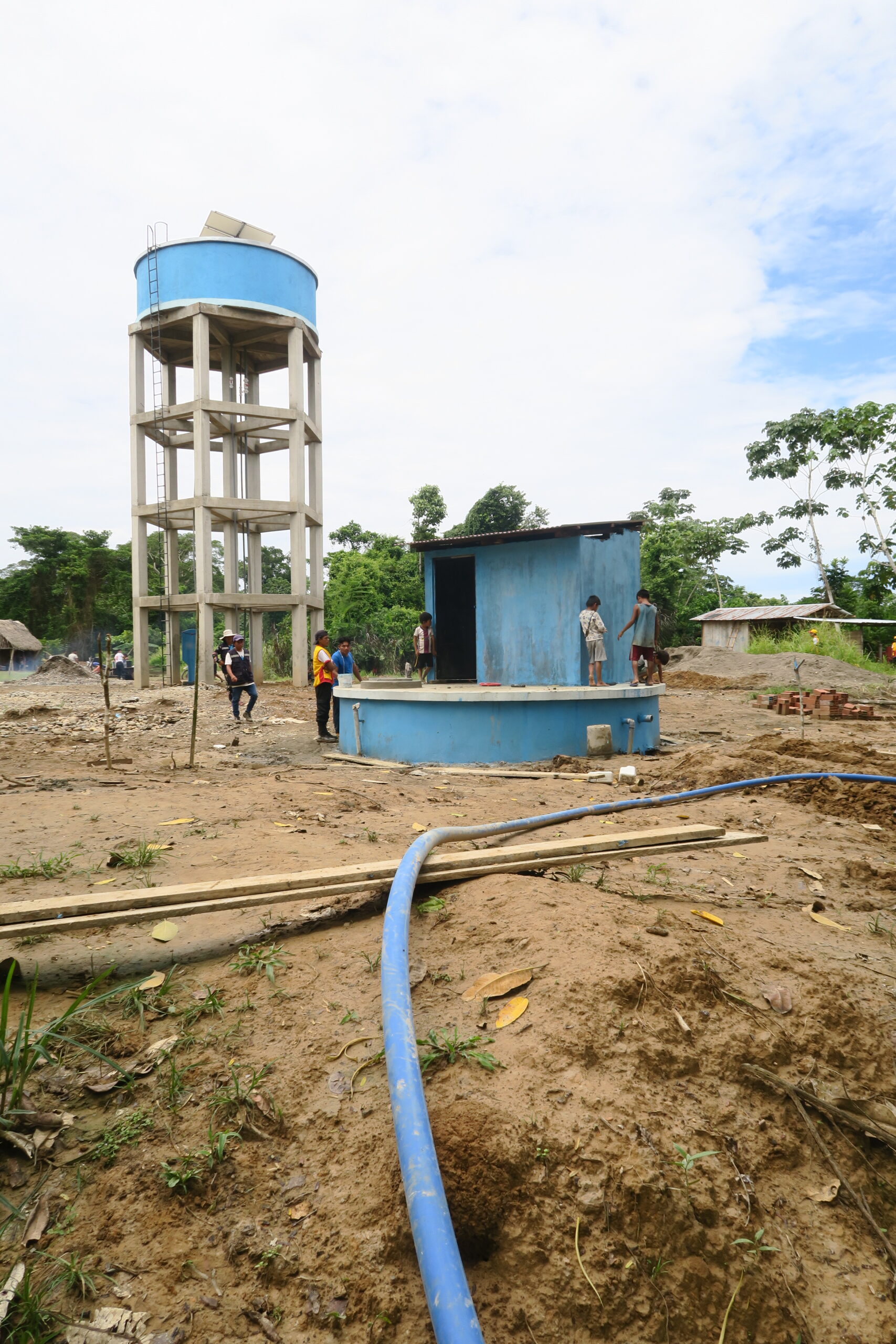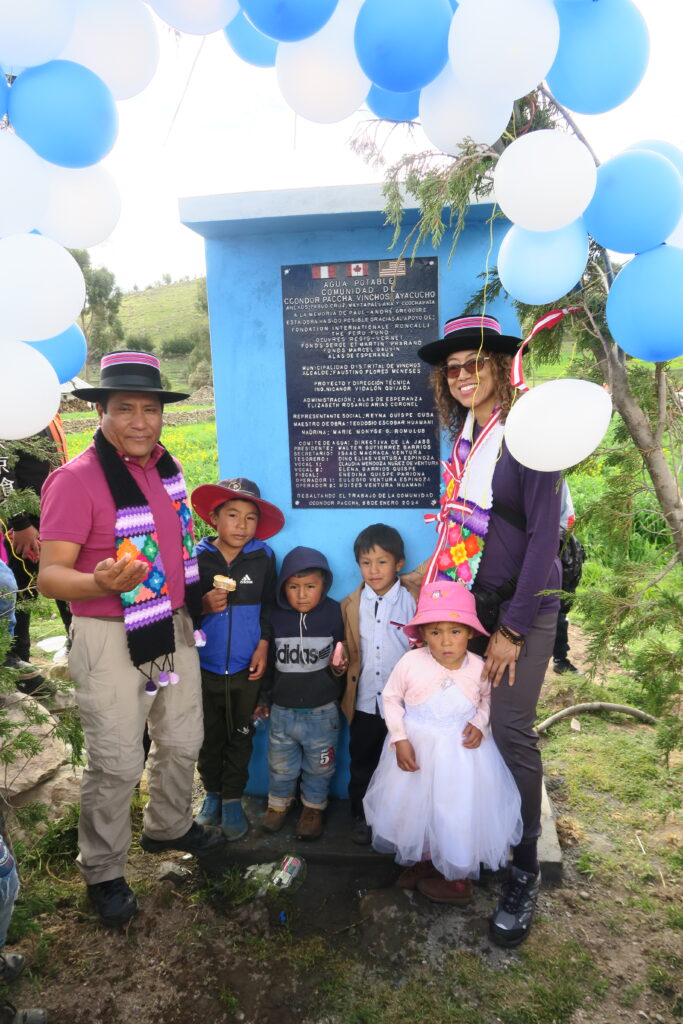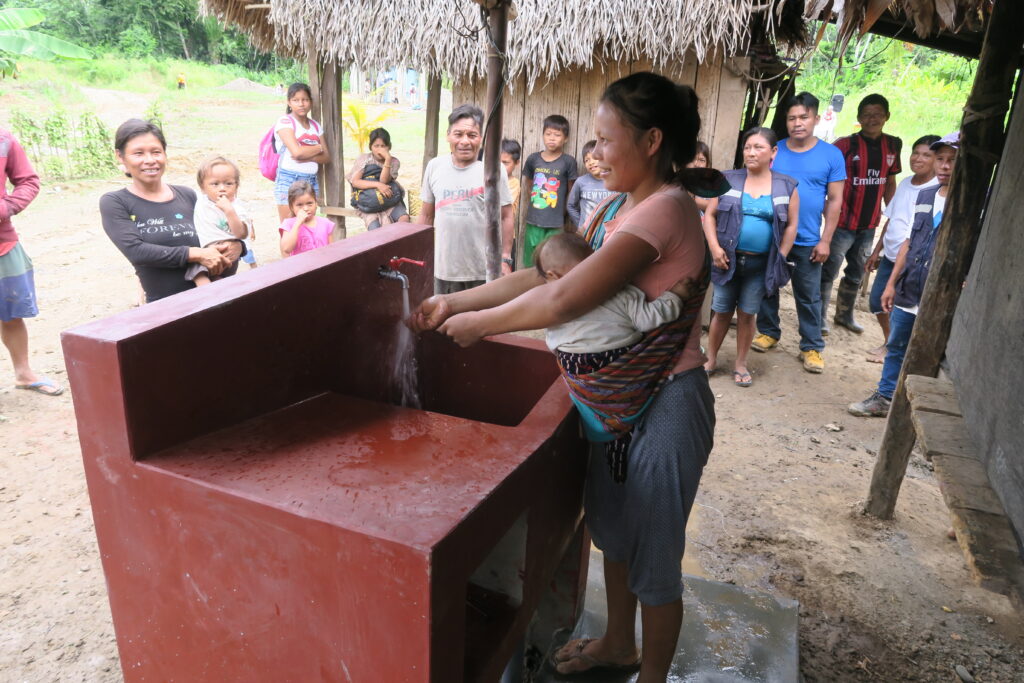Access to clean water in Peru: a citizen partnership for sustainable development
Published on
7 February 2025
In Peru, nearly 6 million people lack access to clean drinking water. Faced with contaminated water from rivers and irrigation canals, they suffer severe health consequences, particularly gastrointestinal diseases that affect children the most. Climate change exacerbates this crisis by increasing the frequency and intensity of droughts.
Despite having significant freshwater reserves, mainly from the Amazon and Andean glaciers, unequal distribution makes this precious resource difficult to access for many communities.
For nearly 40 years, the Roncalli Foundation has collaborated with Les Ailes de l’Espérance (The Wings of Hope) to improve living conditions for rural and Indigenous communities in Peru.


This partnership has led to the implementation of 55 clean water projects between 2001 and 2024, benefiting isolated communities across three distinct regions:
- The Ayacucho department, located in the central Andes;
- Rural villages in the coastal province of Barranca;
- Indigenous communities in the Atalaya province and the Rio Tambo district in the Amazon.
In total, nearly 70 isolated communities have benefited from these initiatives over the past 20 years, improving the lives of nearly 50,000 people, including 34,508 between 2015 and 2024, thanks to sustainable drinking water infrastructures.
An integrated approach for sustainable impact
Les Ailes de l’Espérance’s approach is based on three pillars:
- Community participation: men, women, and young people join forces to carry out the project.
- Gender equality: women play a central role in managing water systems.
- Local authorities’ engagement: priority is given to access to clean water and hygiene.



These initiatives profoundly transform the living conditions of communities by improving health, strengthening gender equality, and fostering collective autonomy. This exemplary model embodies a sustainable solution to the environmental and social challenges these populations face.
For the Roncalli International Foundation, we value the long term impact of our partnerships, and your support is invaluable in investing in life-changing initiatives like these.
Recent articles
Discover Our 2024 Annual Report: Together, for a...
11 Jun 2025
-
We are proud to share our 2024 Annual Report—a living testament to how, together, we are...
Raising awareness of waste management in Zimbabwe
6 Jun 2025
-
This project aims to address a major environmental challenge in the city of Bulawayo, Zimbabwe....